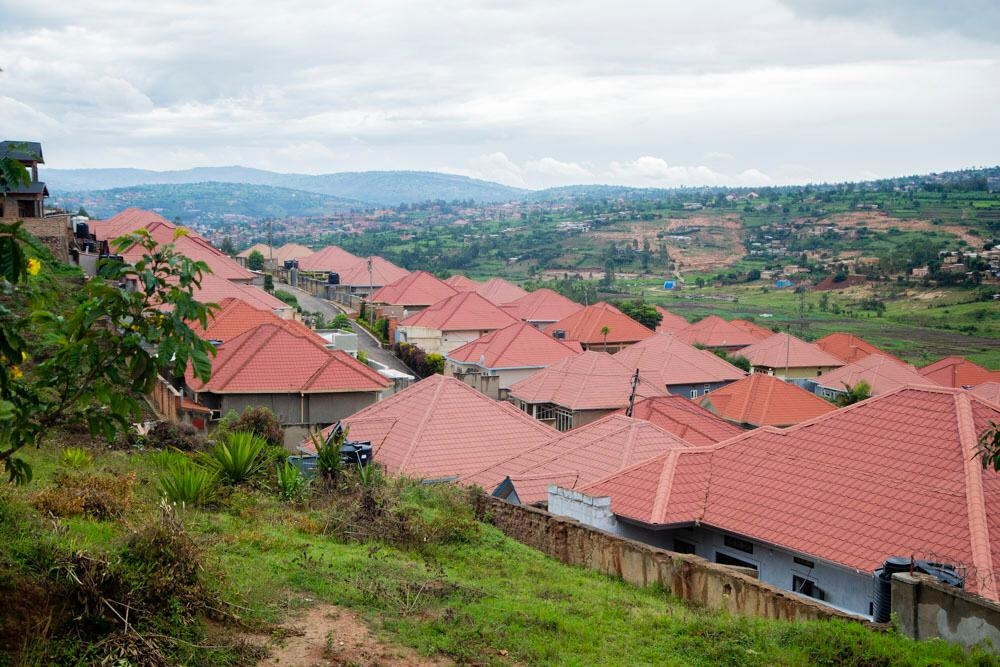

Real estate professionals in Rwanda are calling for government intervention for proper regulation of the industry in order to eliminate challenges like unethical practices and fraud which not only affect developers and brokers but consumers too.
ALSO READ: Three arrested over land transfer fraud: How it unfolded
Joseph Rutiyomba, Chairperson of the real estate professionals’ association (RWAREB), told The New Times that there is a need to establish a formal ‘backbone or some official board’ to enforce internal rules and regulations.
According to him, lack of such a system has resulted in widespread accountability issues, allowing unethical players to operate without fear of punishment.
"Despite efforts to create an association of brokers and developers, it looks like it is a free entry," he noted as he complained that anyone can easily become a real estate agent, which increases the risk of problems like fraudulent land sales.
"For instance, brokers may artificially inflate property prices, increasing the cost of a land sale from Rwf30 million to Rwf35 million, further driving up prices across the sector,” he said.
ALSO READ: City dwellers warned of scams in property market
He also pointed out that unregulated brokers evade taxes, and bring unfair competition.
"Those who are in the association, who contribute money yearly and follow regulations, are competing with those who do not respect any of these," he said, as he asked the government to maintain a list of authorised agents, ensuring only qualified professionals can operate.
ALSO READ: Rwanda moves to regulate online forex trading
Celestine Uwineza, Managing Director of Prime Real Estate and a broker, highlighted similar concerns within the industry.
"I am now a broker, but if I get more money, I can easily become a developer. It should not be done like that. There is a need for regulations," he said.
He explained that RWAREB was established to address these issues, but the association faces challenges due to the absence of a designated body to report to.
"We have formulated the constitution, but a key issue remains is the absence of a designated body to report to," he noted.
He also pointed to the need for price regulations concerning agent fees.
"Sometimes, we deal with foreigners who are not accustomed to paying for such services in their countries and refuse to pay us. Without clear regulations or a reference point, we have no authority to make them pay unless there is a contract, but mutual agreements become useless in such cases," he explained.
Uwineza added that brokers are often underpaid, with customers sometimes offering lower fees than the effort required.
"Customers sometimes pay us what they want, which is often less than the effort we have put in," he said.
"With regulations, we will pay taxes and be protected.’
Jerome Habiyaremye, a 47-year-old resident of Gasabo, told The New Times about his frustration after purchasing a plot of land for Rwf30 million, only to later discover that he had been overcharged due to an untrustworthy broker.
"I found out later that the actual price the landowner was asking for was only Rwf20 million, but the broker manipulated the deal and pocketed the extra Rwf10 million without my knowledge," he said.
He pointed out that the lack of regulation in the brokerage sector leaves room for dishonest practices, where some brokers inflate prices for personal gain.
"It&039;s not just me, many people have fallen into this trap because we don't have a system to verify the credibility of brokers," he noted.


